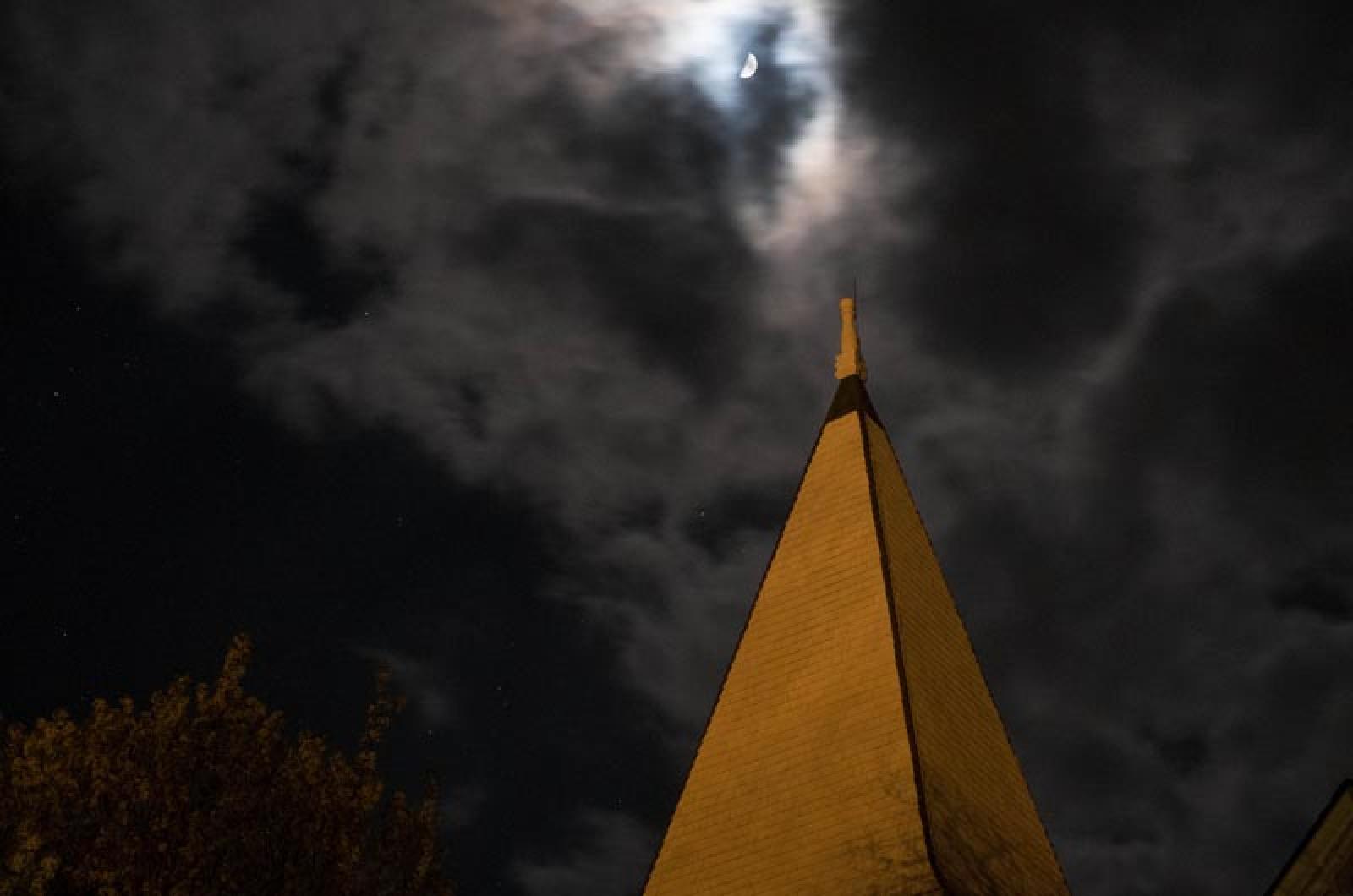If you have time tonight, take a walk outside and look to the heavens. Comet 209P/LINEAR is passing by and the earth is traveling through a portion of the comet’s orbit. It could be a bold and beautiful night. Or it could be a bust. Such is the story of backyard astronomy.
Comet 209P/LINEAR is a periodic meteor that spends its time orbiting the Sun, completing its cycle every five years. It was discovered in 2004.
Recently the gravitational influences of Jupiter altered the comet’s orbit, making it come closer to earth. The orbits of some comets are clean and if this is the case we will see nothing. But if there is dust within the orbit, the scene could be a spectacle.
Meteors are small pieces of space debris that enter our atmosphere at a fast rate and burn up. There are a dozen meteor showers a year. The Perseid meteor shower in August is the most popular, both because it appears in the summer and due to the frequency that its meteors speed across the sky.
Tonight’s meteor shower is entirely new.
If you are outside tonight and catch sight of the meteor shower, keep track of the time and the number of meteors you see and let us know.
| Day | Sunrise | Sunset |
|---|---|---|
| Fri., May 23 | 5:15 | 8:01 |
| Sat., May 24 | 5:14 | 8:02 |
| Sun., May 25 | 5:13 | 8:03 |
| Mon., May 26 | 5:13 | 8:04 |
| Tues., May 27 | 5:12 | 8:05 |
| Wed., May 28 | 5:11 | 8:06 |
| Thurs., May 29 | 5:11 | 8:06 |
| Fri., May 30 | 5:10 | 8:07 |
| Day | Max (Fº) | Min (Fº) | Inches |
|---|---|---|---|
| May 16 | 70 | 57 | 0.00 |
| May 17 | 68 | 58 | 0.12 |
| May 18 | 69 | 50 | 0.00 |
| May 19 | 70 | 48 | 0.00 |
| May 20 | 67 | 50 | 0.07 |
| May 21 | 67 | 48 | T |
| May 22 | 70 | 51 | 0.00 |




Comments
Comment policy »